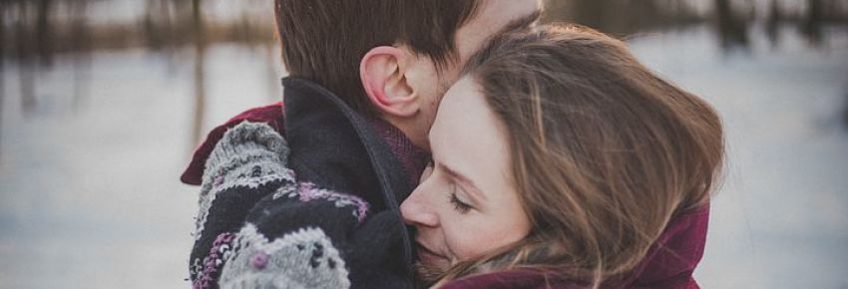Committee calls for law reform of bereavement damages
Cohabiting couples could be entitled to the same compensation as married couples in bereavement damages’ cases after a parliamentary committee has called for a reform of current legislation.
The Association of Personal Injury Lawyers (APIL) has welcomed calls from the committee for an overhaul of the law, citing it a “long-overdue recognition of modern society”.
APIL has long campaigned for reform of the law of bereavement damages and backs the proposal by the Government to extend eligibility to some cohabiting couples.
Gordon Dalyell, president at APIL, said: “Someone’s parent, child, sibling, partner, or grandchild dies because of negligence, such as at work or on the road, every single day in England and Wales. But only a very restricted and outdated list of relatives can claim the statutory fixed sum of £12,980 in damages to atone for their loss”.
The law on bereavement damages differs in each of the United Kingdom’s three separate legal jurisdictions. The same eligibility criteria in England and Wales applies in Northern Ireland. In England and Wales, the amount has been £12,980 since May 2013, while in Northern Ireland bereaved people receive £15,100. The amount was last increased in Northern Ireland in May, following a previous increase in April 2016.
The law in Scotland is different again and some believe it treats bereaved families with greater fairness and understanding. For more than 40 years, the Damages (Scotland) Act 1976 and the subsequent consolidating Damages (Scotland) Act 2011 have provided compensation to a range of bereaved relatives. There is a recognition that each claim should be treated individually. The amounts awarded rely on legal precedent and a proper examination of the closeness to the deceased, to ensure that any payments are fair.
APIL has called for England and Wales to adopt the Scottish model for bereavement damages, which assesses damages on a case-by-case basis. The committee says the consultation should explore whether this is a fairer approach.
“If the law in Scotland can identify that a relationship is determined by the relatives’ feelings for each other, and not their specific titles, there should be no reason why the law cannot do the same in England and Wales,” Dalyell said.
This week, The Joint Committee on Human Rights has called for a consultation on wholesale reform of the scheme in its report on a Government draft remedial order to extend eligibility to co-habiting couples. The current law only allows spouses, civil partners, and parents of children under the age of 18 to claim. If the child is ‘illegitimate’ only the mother can claim.
Dalyell added: “Allowing co-habiting partners to claim statutory bereavement damages is just the start of many reforms which are needed to drag the law for bereaved families into the 21st century.
“We have been making these arguments for years and finally to have recognition that the law is falling short of providing justice for relatives is a victory for fairness and common sense. A sister can be just as bereft as a spouse, and a father’s loss is not less just because he never married his son’s mother, or his son had passed his 18th birthday”.
The House of Commons, House of Lords, Joint Committee on Human Rights proposal, for a draft Fatal Accidents Act 1976 (Remedial) Order 2019 backs the decision to re-evaluate the current legislation.
The report states: “We welcome the Government’s action in proposing the Remedial Order to remedy the incompatibility in the Fatal Accidents Act 1976 (“the FAA”) with the convention prohibition against discrimination and the right to private and family life.”
Contact NV Legal for a free consultation and information on bereavement damages. www.nvlegal.co.uk


